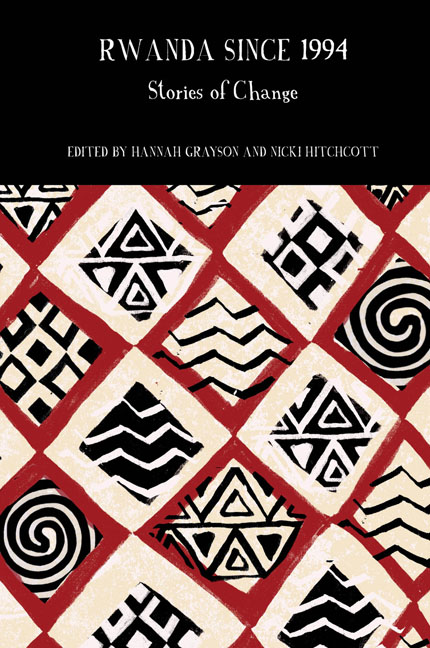‘One Rwanda for All Rwandans’: (Un)covering the Twa in Post-Genocide Rwanda
Summary
The unity of the Rwandans is the expression of a historic will, an ancient and deliberate choice: the Rwandans have found themselves to be three (Hutu, Twa and Tutsi) and they have decided to be one (Rwandans). Since then, the nation of Rwanda was not an association of ethnic groups but an entity of citizens who had chosen to live together.
Servilien Manzi Sebasoni (2007: 10)Why are the other Rwandans called Rwandan, and why are the Batwa called historically marginalized? […] We are also Rwandan […] we want to be Rwandan. We have the thirst to be Rwandan, but the poverty stops us. We want that our state makes it possible for us to be at the same level as other Rwandans.
Jean-Bosco (personal interview, 2016)Pursuing reconciliation and building national unity after mass violence is a uniquely challenging task as victims and perpetrators – albeit rarely straightforwardly defined – must live side by side, and struggle to rebuild broken social networks, and reimagine their political and moral community (Purdeková, 2015: 5). Rwanda fits this description, for it is difficult to fathom the degree of disruption, devastation and social anomy the genocide produced both inside Rwanda and throughout the wider Great Lakes region. The 1994 Genocide against the Tutsi claimed the lives of an estimated 800,000 Rwandans, produced millions of refugees, generated the chaotic return of hundreds of thousands of people and catalysed a continental war in the neighbouring Democratic Republic of the Congo (Reyntjens, 2009: 10–44). Brutal massacres were carried out on Rwandan soil by ‘intimate enemies’, many of whom were acquaintances, neighbours, friends and even family (Purdeková, 2015: 5). In its aftermath, the genocide heightened tensions between Hutu and Tutsi, and as time marched on, generated a complex web of new social identities related to heterogeneous experiences of marginalization, exile, ethnic and regional violence, and state-sponsored violence, as well as nationality, language and region of exile.
The post-genocide regime's response to this kaleidoscope of complexity is to promote the discourse of ubumwe n’ubumwiyunge – unity and reconciliation – twin concepts the government generally defines together. As a corollary, state authorities have implemented an ambitious social re-engineering project, which entails promoting a ‘unifying’ Banyarwanda identity, epitomized by the ubiquitous popular slogan – ‘One Rwanda for All Rwandans’ – and predicated on the current government's version of Rwanda's history.
- Type
- Chapter
- Information
- Rwanda Since 1994Stories of Change, pp. 125 - 144Publisher: Liverpool University PressPrint publication year: 2019

